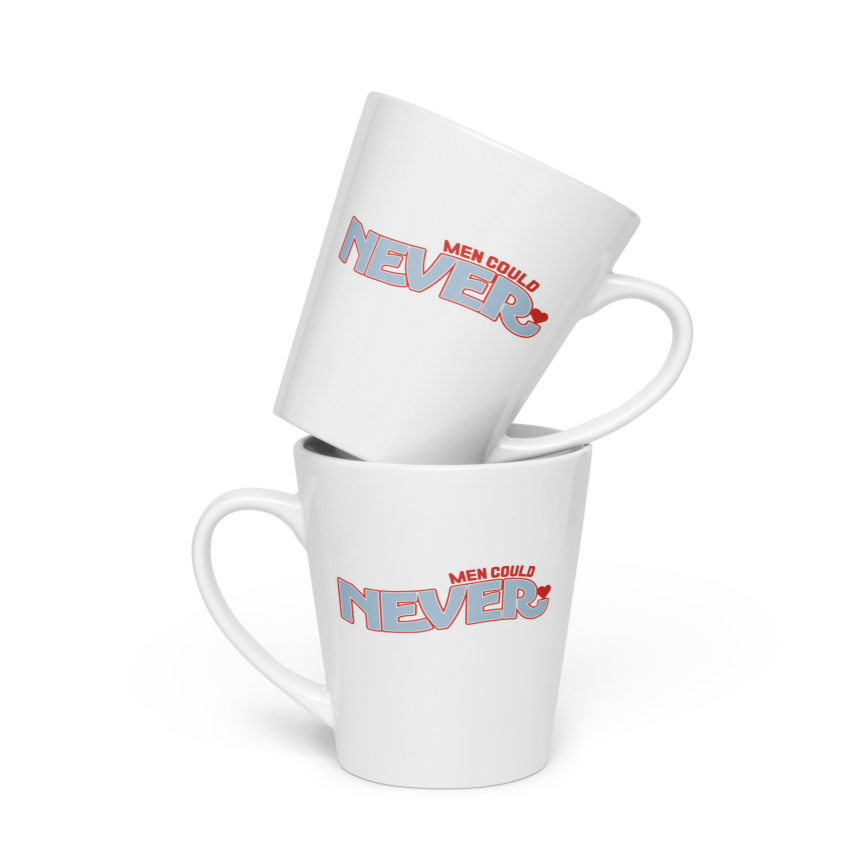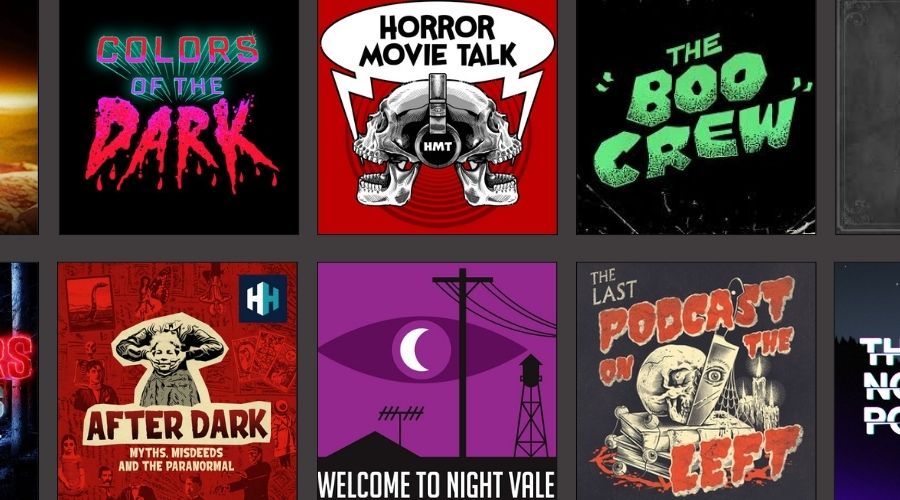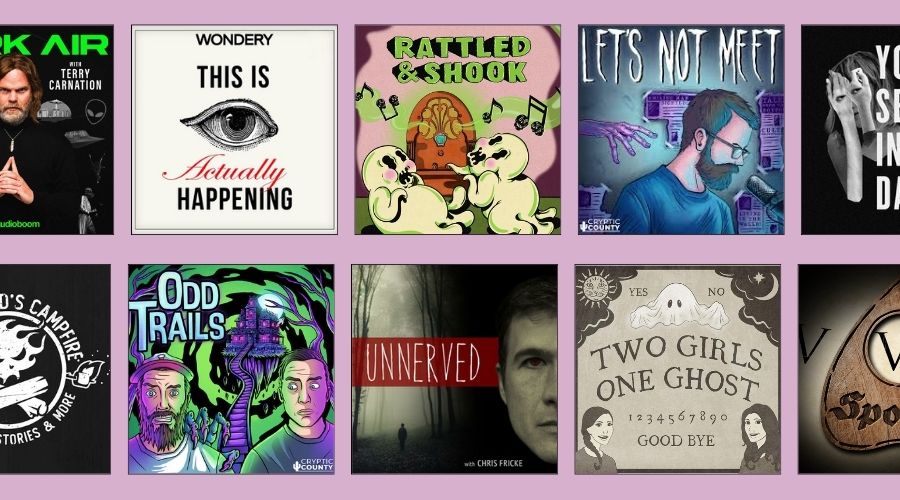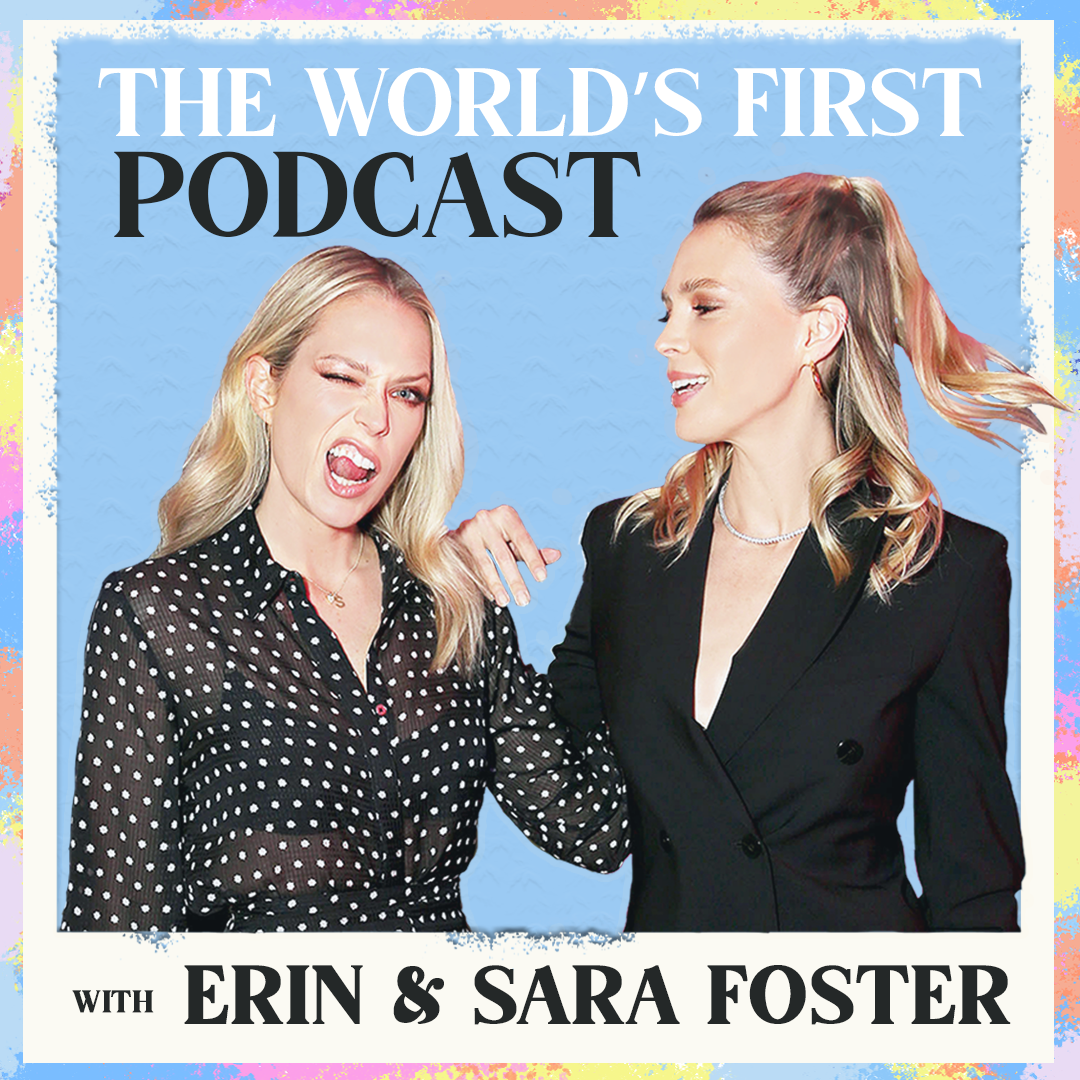10 Secrets To A Successful Podcast
The popularity of podcasts is steadily increasing as years go by. Nowadays, there are thousands of active podcasts, with new podcasts being launched every single day. With that being said, as a new podcast host, it’s important to make your voice stand out in the sea of podcasts. It’s important that you make your own mark in this crazy world of podcasting.
So, what makes a successful podcast? Of course, some podcasts are way more successful than others, but why? While there is no single secret to making a successful podcast, there are some key tips you can utilize that can really help set your podcast apart from the rest.
So, with that in mind, we’re sharing a roundup of secrets that can help make your podcast a jaw-dropping success. Let’s dive right in, shall we?
10 Secrets To A Successful Podcast
Don’t be afraid to take the leap.
First and foremost, don’t be afraid to take the risk. Getting out of your comfort zone feels scary, but it’s so worth it! Take the leap and get your voice out there. The most unsuccessful podcasts are the ones that never make it online for the world to hear, right? It’s all about the power of self-assurance, baby! If you need a little push, listen to these confidence-boosting podcasts. They will lift you up, remind you how badass you are, and motivate you to follow your passion for podcasting.
Find out what your niche is.
Every podcast has a niche, even if you may not realize it at first listen. For example, We Met At Acme is an OG dating podcast; they dive head-first into any and every topic centered around dating. On the other hand, All On The Table connects with her audience through food, fitness, and daily routines. See where we’re going with this? There are endless possibilities when it comes to a niche, you just have to decide where you fall into that! If you need some inspo, check out this post on how to choose what to talk about on your newfound podcast journey.
Invest in the right equipment.
When it comes to podcasting, you can’t afford to invest in poor-quality equipment. Not only does poor-quality equipment reduce your overall podcast quality, but it also reduces your podcasting capabilities, freedom, and creativity. High-quality podcasts use high-quality production—the better equipment you invest in now, the more it will pay off later.
Dear Media is our name, and podcasting is our game. So, to see what podcasting equipment we recommend, check out our blog about literally everything you need to start a podcast, like this post on What Do You Need to Start a Podcast? If you like that article, browse the Dear Media Blog for more on all things podcasting. We’ve got everything from How to Title a Podcast Episode to Elements of a Good Podcast.
Ensure top-notch sound quality.
One of the most important aspects of any successful podcast is sound quality. If your podcast has too many background noises or if it’s too hard to hear, listeners will immediately look for a different source of entertainment. Ways to ensure great sound quality include purchasing a dynamic microphone (rather than a condenser microphone), investing in your recording studio, and speaking closer to your microphone.
Audio quality is honestly an overlooked aspect in podcasting, but it sets the stage for everything else to fall into place. When you produce high-quality sound, it keeps listeners engaged and entertained. For more tips on how to make your podcast sound better, check out this post!
Post production look overs are crucial.
Post production is a crucial phase in the podcasting business—you have to listen to each episode yourself before you put it out for everyone else! This can help you address the sound quality, figure out if the audio sounds good, transcribe the episodes if you need to, add in show notes or time stamps, and so much more.
This saves you a ton of time long-term. If you skip this step and put out an episode where something went wrong, you’re just going to have to upload it, take a listen to figure out what went wrong, re-edit it, post it again, advertise the republish—all exhausting work that can avoidable.
Stick to a consistent release schedule.
If there’s one thing listeners love, it’s consistency. Listeners love the anticipation of a new episode each and every week. And, even more, they love that they can count on there actually being some new and interesting content for them to take in – from someone they love. You!
To give you a few examples, new episodes of Almost Adulting are released every Thursday. And new episodes of Him & Her are released every Monday, Wednesday, and Friday. You get the gist. So, once you launch your podcast, stick to a schedule of releasing at least one podcast episode a week and release it on the same day each week. Discipline is key, here! Keeping a consistent schedule is also a great way to build an authentic relationship with your target audiences—it won’t take long for them to get invested! If you need some help figuring out the best ways to be productive, we’ve got just the post for you.
Figure out a structure that works for you.
With being consistent in your uploading, it’s important to also find consistency in the overall structure of your podcast. Podcast guests are important (we’ll get to that!), but you need to get down and dirty with the logistics of everything. How long are your podcast episodes typically going to be? Have you figured out a title that rolls off the tongue? Is it a solo pod, or are you co-hosting with someone? Is the voice overall playful and relatable, or do you want to focus on informative and professional?
Format is everything when it comes to creating a good podcast. Once you get that down, it’s all smooth sailing!
Always be authentic.
Two things that listeners really crave from podcast hosts are authenticity and passion. This is why it’s so important to choose podcast topics that you’re truly passionate about and topics that you actually know about. Any hint of inauthenticity or any waver in your knowledge of your chosen subject will send your listeners running to the next podcast. Pay attention to what you put out, and always double-check that you’ve got the correct (updated) information.
If you’re struggling with this one, be sure to check out this article. It will walk you through how to brainstorm for topics that you’re passionate about and how to turn these topics into podcast episodes.
Create thorough outlines.
Great podcast episodes start with great episode outlines—planning your podcast is essential! Episode outlines are a quick breakdown of all the important points you’d like to make throughout your episode. They usually include your intro, a breakdown of your content, important points, quotes, music, and your outro.
Outlines are excellent for helping you stay on track. Especially during those moments where you completely forget what you were talking about; we all have those moments. Other benefits of outlines include keeping you organized, reducing editing time later, and reducing the amount of actual thinking you have to do while recording. This way, recording is more fun and the result is a better quality podcast with fewer mistakes, fewer edits, and a more authentic feel. Everything just flows better overall!
Keep those listeners entertained.
Just because you have a podcast doesn’t mean you have to speak the whole entire time. In fact, this can actually be a deterrent to listeners. Of course, listeners want to listen and learn from your podcast. But, this is super hard to do when someone is speaking for every second of the episode.
Instead, keep your listeners entertained in a variety of ways. Sure, speaking will take up the majority of your time. But, you should also feel free to add in small anecdotes, humor, videos, sounds, transition effects, and even music. This will break up the content, making it easier for your listeners to stay engaged. And, by being creative, you can use these sound effects to really set your podcast apart. You know how commercials have their own little “jingles”? Like when you hear it, you know exactly what brand it is? You can create sounds and noises that immediately remind your listeners of your brand! Keep them coming back for more.
For more on keeping your audience engaged, click here!
Invite relevant and intriguing guests.
Listeners love a good interview, especially when it involves guests that contribute to your niche and overall vibe. There’s nothing like an interesting and intriguing conversation to draw in those listeners and keep them coming back for more. So, even if you started a solo podcast, you should still consider hosting a podcast interview from time to time; as well as consider being a guest on someone else’s podcast every now and again. If done correctly, podcast interviews can greatly increase your popularity among your listeners.
Just remember that you can’t just choose any old guest. Start by thinking about your audience and who they might want to hear from. Those are the people you want to reach out to. For more on interviewing, check out these awesome blogs: How To Get Guests For Your Podcast, How to Prepare for a Podcast Interview, How to Conduct a Good Podcast Interview, How To Get On Podcasts, and Fun Interview Questions.
Explore routes of monetization.
For most, the idea of being a successful podcaster means that their podcast is helping them make some money. That’s the goal, right? So, with that in mind, one of the main aspects of creating a successful podcast is monetization. But, how can you monetize your podcast? Well, there are many routes you can take, and you should explore them all.
First, you have digital marketing. By marketing yourself and your podcast on social media and through email lists, you can pick up sponsors! Lovers and fans of your podcast may even want to donate, too. You can also explore the merchandise route. With this option, you make and sell podcast merch to fans—for a good example of this, check out the Dear Media shop to see some of the merch we put out! And of course, you reap the profits. You can also create paid membership tiers, sell premium episodes, or enter affiliate partnerships. Really, there are plenty of options when it comes to monetizing your podcast.
The more you put yourself out there, the more you’ll pop up in search results, the more likely you are to monetize your podcast—and your overall brand! See how it all comes full circle?
Research and learn from competition.
Last, but certainly not least, it’s essential to research and learn from your competition. Google podcasts similar to yours and see what comes up! Are there other podcasts in your niche? How successful are they and why? Is there something they are doing that you aren’t? Ask yourself these questions and more as you research your niche and try to grow your brand.
Don’t forget that you can also learn from yourself! Which of your episodes are more successful than others? Which have barely any views? This is why we mentioned show notes, earlier. When you look over your more successful episodes, take a peek at your show notes to see what you did (or didn’t do) to knock episodes out of the park! Assess yourself and your progress on a regular basis so that you can learn from your own trial and error. Make small changes here and there to see what works. And eventually, you will know what works best for you and your audience.
You’re already on the way to creating a super successful podcast!
Congrats! Just by taking the time to read this article, you’re already on the way to creating a super successful podcast. The hardest part of creating a podcast is taking the time and energy to research what works and what doesn’t. Here at Dear Media, we hope this article will help guide you along your journey to podcasting success and we can’t wait to see what you come up with! If you have any additional questions or comments, drop us a line below. And for more on podcasting, entrepreneurship, and more, head on over to the Dear Media Blog. See you guys next time!




















Leave a Reply